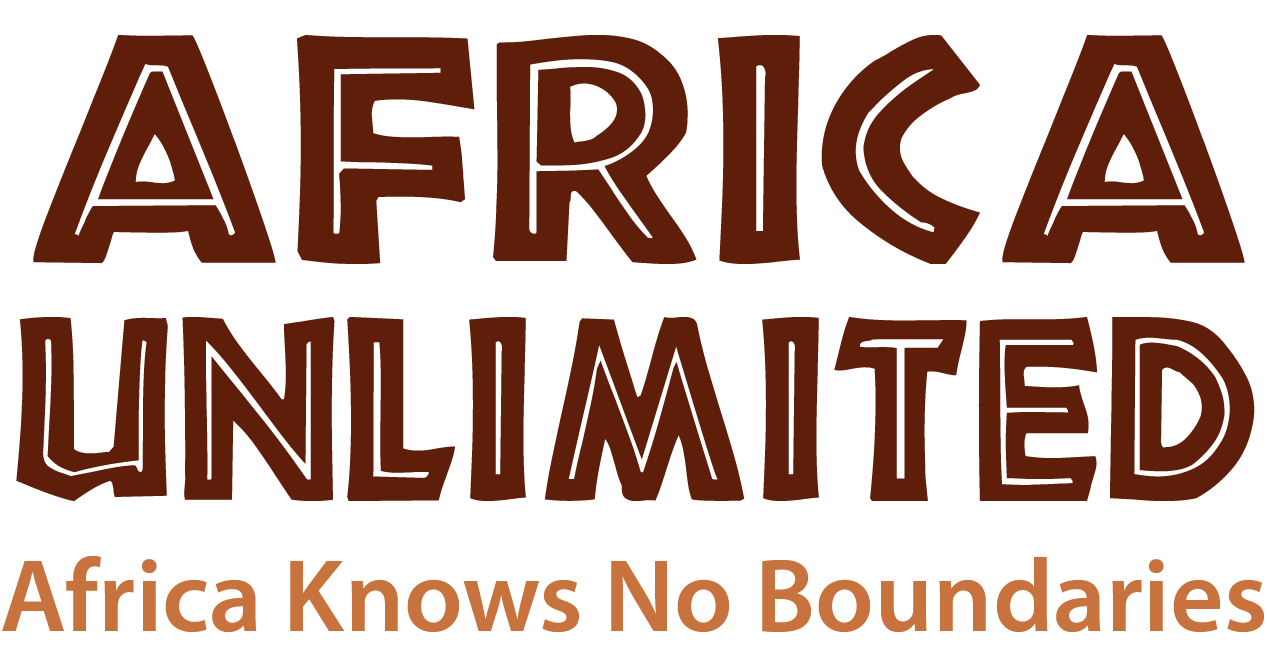 In the 1960s, with the rising tide of Black consciousness, it was seen as a denigration of our African heritage to celebrate, or even mention, one’s Native American roots. Now, though, that is no longer the case. William Loren Katz’s landmark book, The Black Indians, provides vital information long missing from the pages of American history…
In the 1960s, with the rising tide of Black consciousness, it was seen as a denigration of our African heritage to celebrate, or even mention, one’s Native American roots. Now, though, that is no longer the case. William Loren Katz’s landmark book, The Black Indians, provides vital information long missing from the pages of American history…There were Black Indians in North America long before the Pilgrims came to Plymouth and even before colonists came to Jamestown. In 1526, a large expedition left Santo Domingo (where Columbus son was then governor) and landed in coastal South Carolina along the Pee Dee River. Within a short while, the few whites who had not been felled by disease and infighting, sailed back to Santo Domingo leaving behind the enslaved Africans they had brought with them. These had no problem living, and blending in with, the Native Americans.
This pattern was repeated in the centuries ahead when the Europeans set up massive, rapidly expanding colonies all along the east coast. Time and time again enslaved Africans would run away to the interior and make common cause with the local inhabitants. They understood the language and the ways of the Europeans, and the Native Americans understood the land, and how to thrive on it. Together they resisted the forcibly resisted the encroaching white settlements.
The most spectacular example of this was the Seminole War. The longest conflict in American history, raged through Florida for 40 years in the first half of the 19th century. A general at the time is said to have remarked “This is not a red war, but a black one!” However, the greatest degree of Black and Native American interaction, and intermixture, probably took place in North Carolina.
In the midwest and far west, long before sustained European settlements penetrated these interior regions, Blacks were trading, interacting and intermarrying with Native Americans. For example, Jean Baptiste pont du Sable whose trading post blossomed into the city of Chicago was a Black Indian.
Other famous Black Indians include Crispus Attucks, the Frederick Douglas and Langston Hughes. Oklahoma, the territory to which many Native Americans from the Southeast were forcibly relocated, contained many thriving Black Indian communities. James Beckwourth, a legendary scout, explorer and pathfinder who has been portrayed in Hollywood films as a white man, was a Black Indian.
Bill Pickett, the man who developed the art of “bulldogging” that is roping steers in prize competitions, that came to be called rodeos, was another Black Indian. His two white assistants Tom Mix and Will Rogers went on to spectacular careers in Hollywood that set the pattern for the cowboy in films.
Throughout the Caribbean the indigenous Americans often intermixed with Africans. For example, the Garifuna people of St. Vincent and the Maroons of Jamaica. When several slaveships wrecked off the coast of St. Vincent in the 17th century, the Africans came ashore and assimilated with the locals. When the English invaded Jamaica in 1655 the Spanish abandoned the island and the enslaved Africans went up into the hills and blended in with the native population forming strong, warlike communities that the English never conquered.
However, long before Columbus, Africans had crossed over to the Americas on many occasions. Ivan Van Sertima in his legendary work, They Came Before Columbus, provides painstaking documentation. The gigantic stone heads that dot the countryside of central Mexico (the Olmec heads) that scientific testing has determined are thousands of years old, have unmistakable, prominent African features….
All of this serves as testimony to the fact that Native Americans and Africans have been interacting for a very, very long time and still live in numerous, harmonious communities throughout North America, the Caribbean and Latin America. And their descendants, the Black Indians, are to be found, literally, everywhere…
